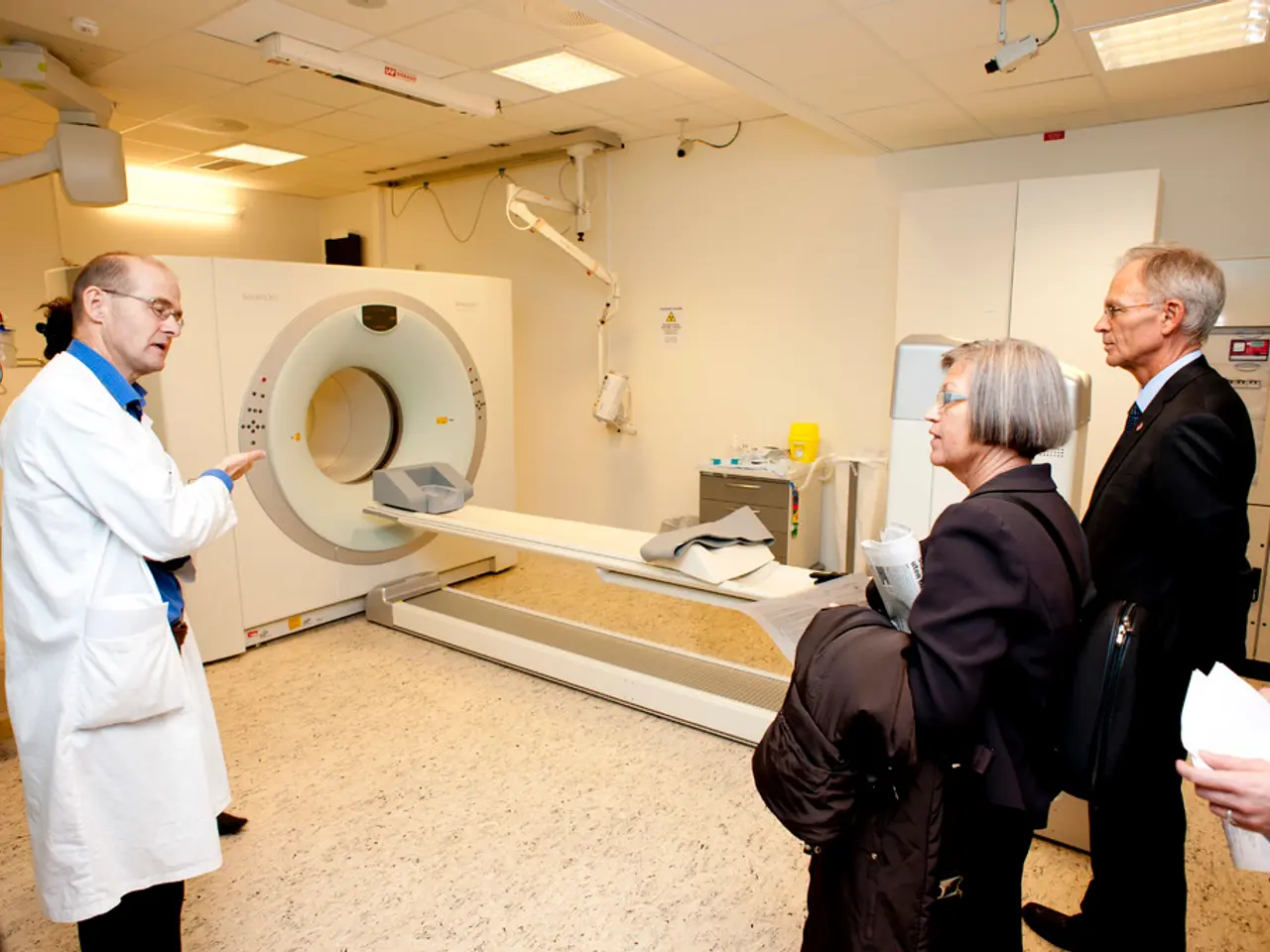Colon Examination: Reasons, Preparation, and Procedures
A colonoscopy is a vital medical procedure that offers significant benefits for detecting and preventing colorectal cancer, as well as diagnosing and managing a range of gastrointestinal symptoms and diseases. This article provides an overview of what a colonoscopy entails, its importance, and what to expect during and after the procedure.
A colonoscopy is a telescopic and visual examination of the colon and rectum, performed under sedation to minimise discomfort. It is necessary for investigating lower gastrointestinal symptoms such as bleeding, chronic constipation, chronic diarrhea, and abdominal pain, and for screening for colorectal cancer.
For average-risk individuals, regular screening should begin at the age of 45 due to the increasing incidence of colon cancer in younger people. However, those with a family history of colorectal cancer or polyps may be advised to start screening earlier.
Preparing for a colonoscopy typically involves taking laxatives, drinking only water, broth, and tea, and possibly using an enema kit. It is important to follow the doctor's instructions carefully to ensure a successful procedure.
During the procedure, a doctor inserts a colonoscope - a small, flexible tube with an attached camera - through the rectum and into the colon. If abnormal tissue is found, it is usually removed and sent to a laboratory for further analysis.
While colonoscopies are generally safe, they do carry risks such as bleeding and tears in the lining of the colon or rectum (perforation), which may increase if a biopsy or abnormal tissue removal occurs.
After the procedure, people may experience mild discomfort for up to 24 hours, including gas, bloating, or mild cramping. It is advisable to take the rest of the day off and avoid driving or working.
If areas of abnormal tissue are found during the exam, the doctor will typically recommend regular repeat colonoscopies, with frequency depending on the size and number of the polyps, as well as other risk factors.
Colonoscopies can help detect early stage colorectal cancer before symptoms develop, which can improve treatment outcomes. Moreover, they can diagnose the causes of symptoms such as rectal bleeding, changes in bowel habits, abdominal pain, and unexplained diarrhea or constipation.
In summary, colonoscopies are recommended not only as a vital screening tool for colorectal cancer prevention but also to diagnose and manage a range of gastrointestinal symptoms and diseases. They enable early treatment interventions that can greatly improve patient outcomes.
It is important to note that the cost of a colonoscopy can vary greatly, but it is typically several thousand dollars, and may cost more if the doctor needs to remove an area of abnormal tissue. Medicare covers colonoscopies once every 2 years for those at high risk of colorectal cancer and once every 10 years for those who are not at high risk, but may charge an additional fee if a doctor removes abnormal tissue during the procedure.
[1] American Cancer Society. (2021). Colorectal cancer. Retrieved from https://www.cancer.org/cancer/colon-rectal-cancer.html [2] Mayo Clinic. (2021). Colonoscopy. Retrieved from https://www.mayoclinic.org/tests-procedures/colonoscopy/about/pac-20394867 [3] National Institute of Diabetes and Digestive and Kidney Diseases. (2021). Colorectal cancer. Retrieved from https://www.niddk.nih.gov/health-information/digestive-diseases/colorectal-cancer [4] Centers for Disease Control and Prevention. (2021). Colorectal cancer screening. Retrieved from https://www.cdc.gov/cancer/colorectum/screening/index.htm
- The telescopic examination of the colon and rectum, known as a colonoscopy, plays a crucial role in detecting and preventing colorectal cancer as well as diagnosing various gastrointestinal symptoms and diseases.
- Regular screening colonoscopies are recommended for individuals aged 45 and above due to the rising incidence of colon cancer in younger populations.
- Preparing for a colonoscopy often involves taking laxatives, restricting diet to water, broth, and tea, and employing an enema kit as directed by the doctor.
- During the colonoscopy procedure, a colonoscope, a small, flexible tube with a camera, is inserted through the rectum into the colon to examine its interior for any abnormal tissues.
- Aq science enables the doctor to remove and analyze any abnormal tissue found during the colonoscopy, which may be indicative of colorectal cancer or other medical conditions.
- While colonoscopies are generally safe, complications such as bleeding and tears in the colon lining (perforation) may arise, particularly if tissue removal or biopsy takes place.
- After the procedure, people may experience mild gas, bloating, or cramping for up to 24 hours, necessitating rest and avoiding driving or work.
- If abnormal tissue areas are detected, the doctor typically recommends frequent repeat colonoscopies based on the size and number of the polyps, and other risk factors, to ensure timely detection and treatment of any developing colorectal cancer.




